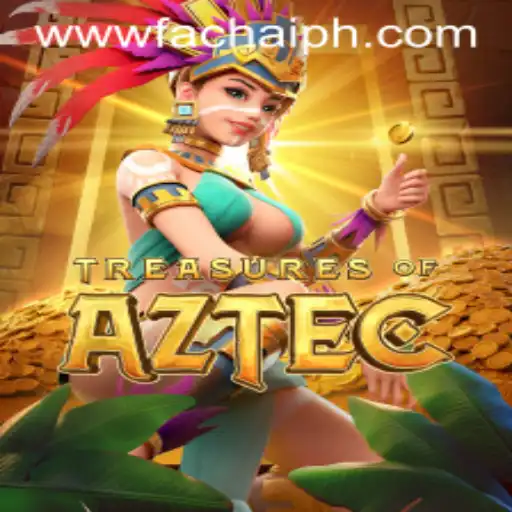Floating Market: A Deep Dive into the Innovative Game by FACHAI
In recent times, the gaming industry has seen a swell of innovative ideas that merge traditional elements with modern technology. One such intriguing creation is Floating Market, a game developed by the renowned game studio, FACHAI. As gaming enthusiasts search for immersive and captivating experiences, Floating Market promises to deliver an engaging narrative laced with vibrant visuals and intricate gameplay mechanics.
Introduction to Floating Market
Floating Market draws inspiration from the bustling markets that float on water, reminiscent of the cultural and economic hubs seen in parts of Southeast Asia. These markets, known for being perpetually lively and full of vibrant commerce, offer a unique backdrop that promises both serenity and excitement. In this virtual iteration, FACHAI captures the essence of these real-world settings and translates it into an ethereal gaming experience that appeals to a wide audience. Players are tasked with navigating through this dynamic setting, maneuvering boats laden with goods, and building their reputation as master traders.
Gameplay and Features
In Floating Market, players assume the role of a trader seeking to rise within the ranks of this floating bazaar. The game offers various roles one can undertake, from owning a simple banana boat to managing a fleet of trading vessels. Each aspect of the game is carefully constructed to reflect the challenges and triumphs faced by traders in these vibrant, waterborne markets. With a multitude of missions and varying pathways to success, players can indulge in diverse strategies to enhance their standing in the community.
Key features include the ability to trade exotic fruits, intricate handicrafts, aromatic spices, and other local treasures. These commodities fluctuate in value based on demand and supply, challenging players to think critically. In order to go from novice to seasoned trader, players must grasp market trends, build strategic alliances, and outsmart rivals. The game's mechanic encourages adaptability and forward-thinking, akin to real-world trading endeavors.
Rules of the Game
Understanding the rules is crucial to mastering Floating Market. Players begin with limited resources and must expand their capabilities by winning trades and completing specific missions. Each player is equipped with a basic boat and initial stock supply, from which they can trade and grow their resources. The goal is to accumulate wealth and expand one's fleet within a set period, denoted by in-game weeks.
Throughout the gameplay, factors like weather effects, changing buyer preferences, and unexpected events add layers of complexity to the trading process. These elements create a dynamic environment where players need to stay alert and responsive. A successful trader is one that can navigate these shifts, maximizing profit while minimizing risks.
A commendable aspect of the game is its commitment to community building. Players are encouraged to forge alliances with other traders, participate in communal projects, or even engage in friendly competitions to establish dominance over specific market segments. This fosters a sense of camaraderie and competition that is both engaging and challenging.
The Influence of Current Events on Gameplay
In today's interconnected world, the socio-economic landscape is in constant flux, and this reality is mirrored in the gameplay of Floating Market. Players might experience events modelled after real-world scenarios such as trade embargoes, economic booms, or crises that affect market dynamics. Such aspects not only provide a learning opportunity about global economics but also ensure that players are consistently entertained with fresh and relevant content.
From a geopolitical perspective, trends such as sustainability and ethical trading are intertwined in the game narrative. Players might encounter scenarios where they need to make ethical choices, such as promoting local industries over imported goods or negotiating fair prices with independent vendors versus larger corporations.
An additional layer of intrigue comes from the evolving environmental concerns mirrored in the game. For example, players might face challenges tied to natural events like floods or droughts that impact crop yields, drawing attention to climate change and its impact on global supply chains. These subtle incorporations not only add depth to the game narrative but also educate players on pressing global issues.







